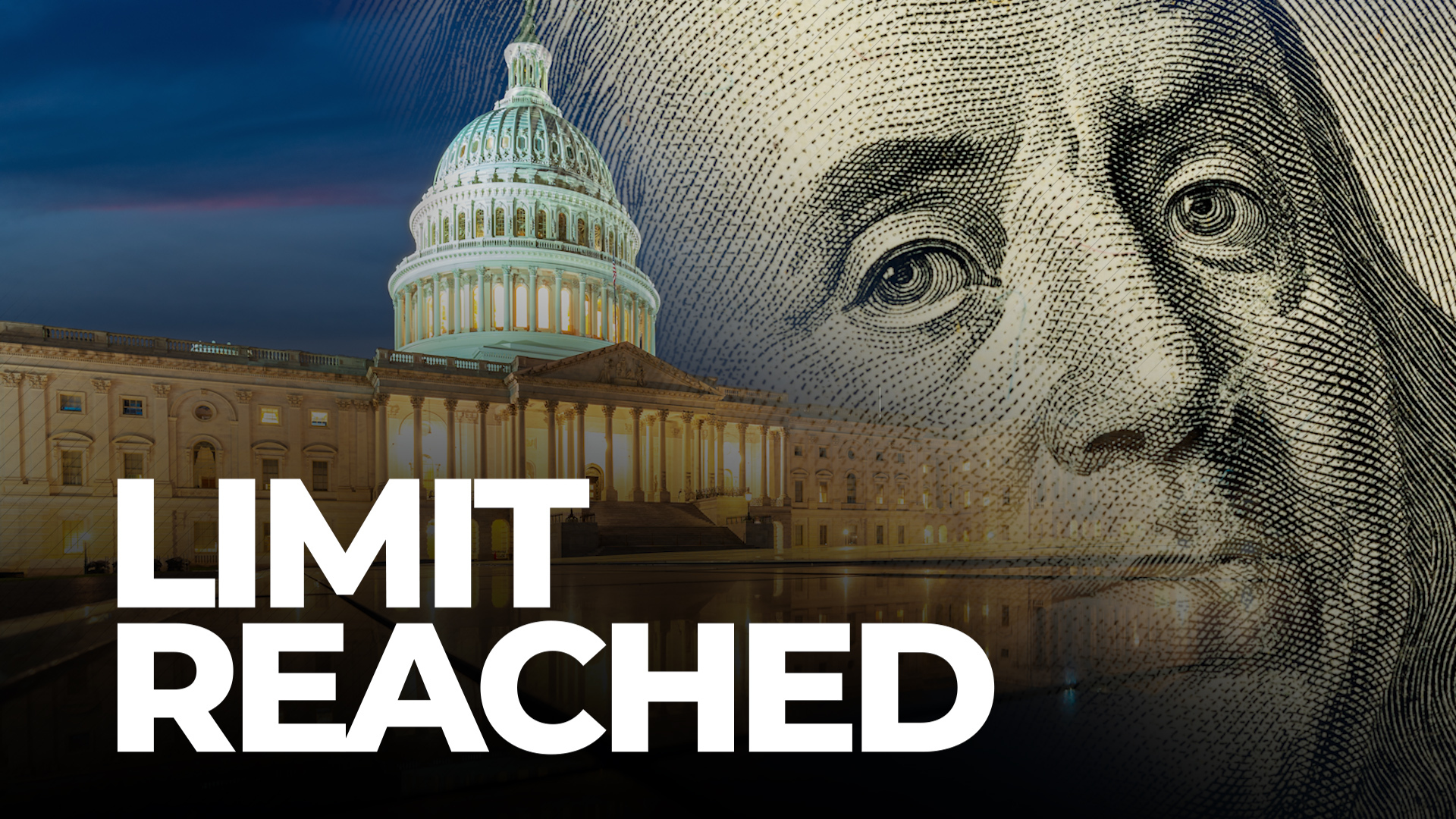
The United States has hit the debt ceiling, or the maximum amount of money it’s allowed to borrow to pay its bills. That amount, nearly $31.4 trillion dollars.
In a letter to Congressional leaders, Treasury Secretary Janet Yellen said she is now taking extraordinary measures to keep the United States from defaulting.
Those measures include pausing investments in the Civil Service retirement and disability fund, and the Postal Service Retiree Benefits fund. She will redeem a portion of the investments already held by those accounts. By law, both funds will be made whole once the debt limit is increased, and Yellen says no federal retirees or employees will be affected by her actions. The Secretary will also begin a debt issuance suspension period starting today and going through June 5th.
Yellen told congressional leaders that the length of time these measures will last is subject to quote considerable uncertainty.
Yellen wrote quote: “I respectfully urge Congress to act promptly to protect the full faith and credit of the United States.”
House Republicans and the White House have not made any tangible progress on increasing the limit. The White House says it will not negotiate.
Karine Jean-Pierre: “It is essential for Congress to recognize that dealing with the debt ceiling is their constitutional responsibility. This is an easy one. This is something that should be happening without conditions.”
But Republicans say debt increases should be met with spending decreases.
Speaker McCarthy: “Find the compromise, and find the common sense compromise that puts us back on to a balanced budget that I believe every household, every state does this, every county.”
For fiscal year 2023, the federal government has spent $421 billion dollars more than it has collected. That deficit spending is 44 billion dollars or 12 percent more than the same time last year. Straight Arrow News will continue covering the debt ceiling with unbiased, straight facts. That includes our interview with a Senior economic analyst for Bankrate.com about what happens if Congress doesn’t make a deal in time, and what other actions the treasury can take to prevent a default. Stay tuned.










